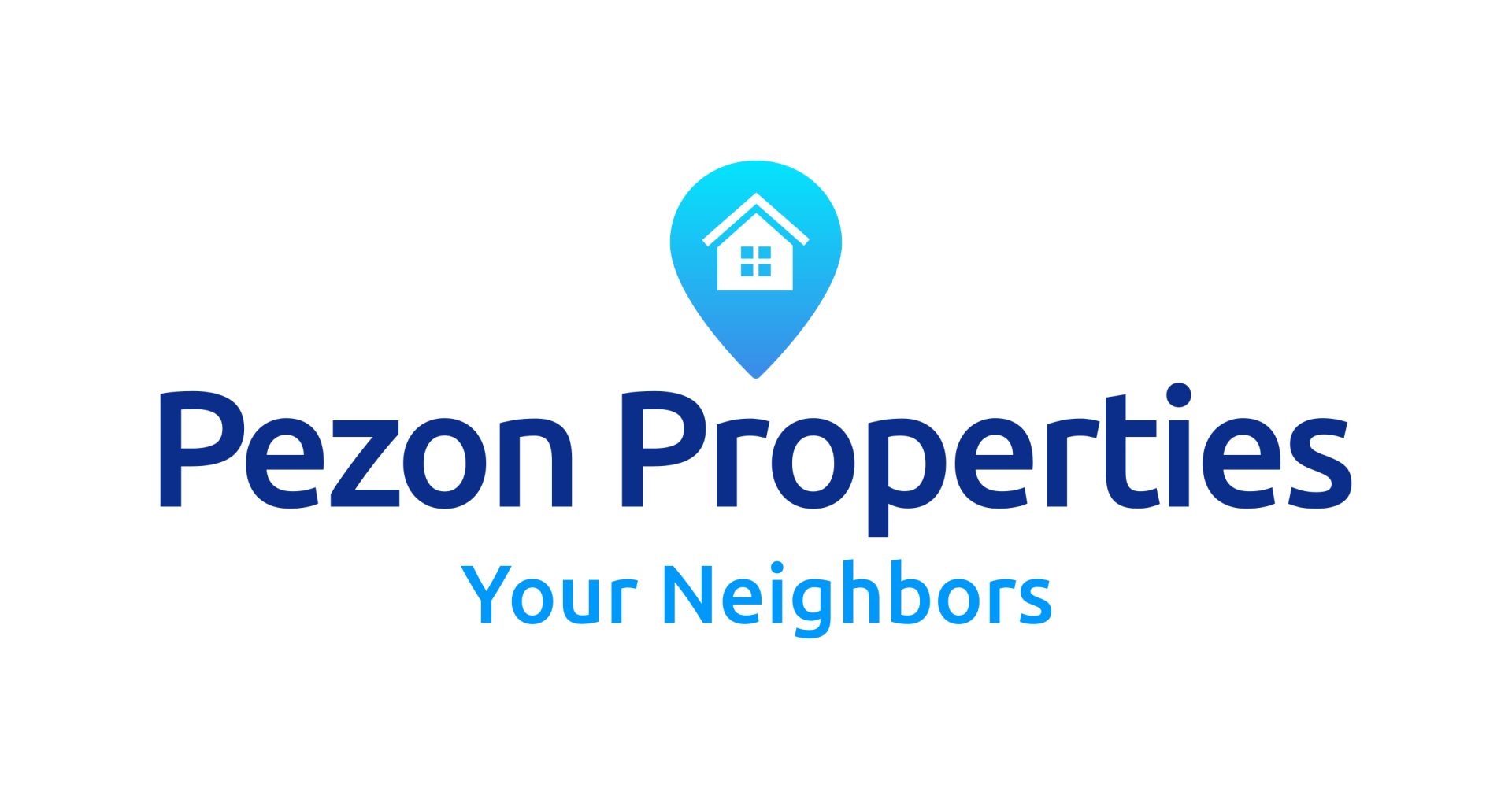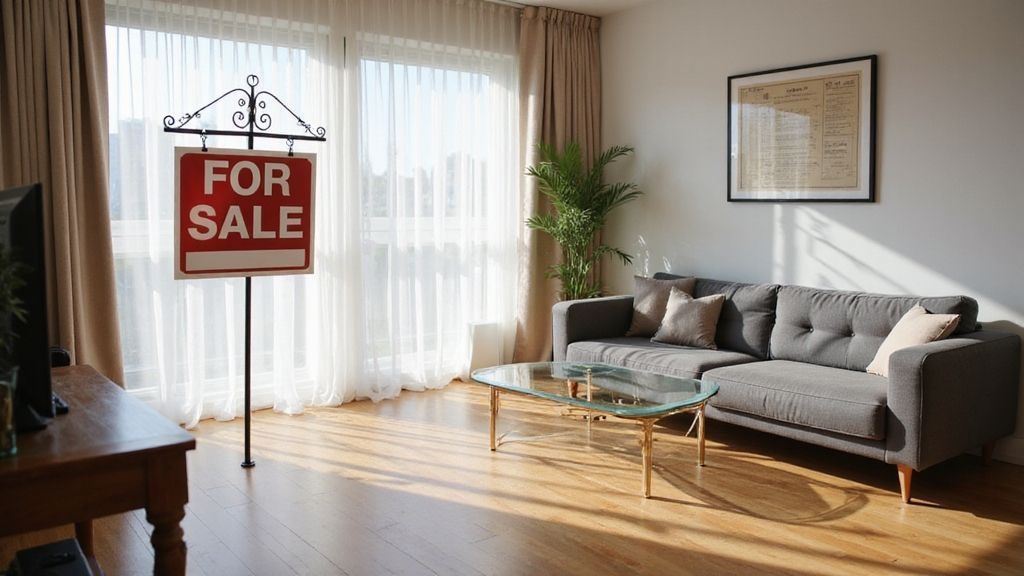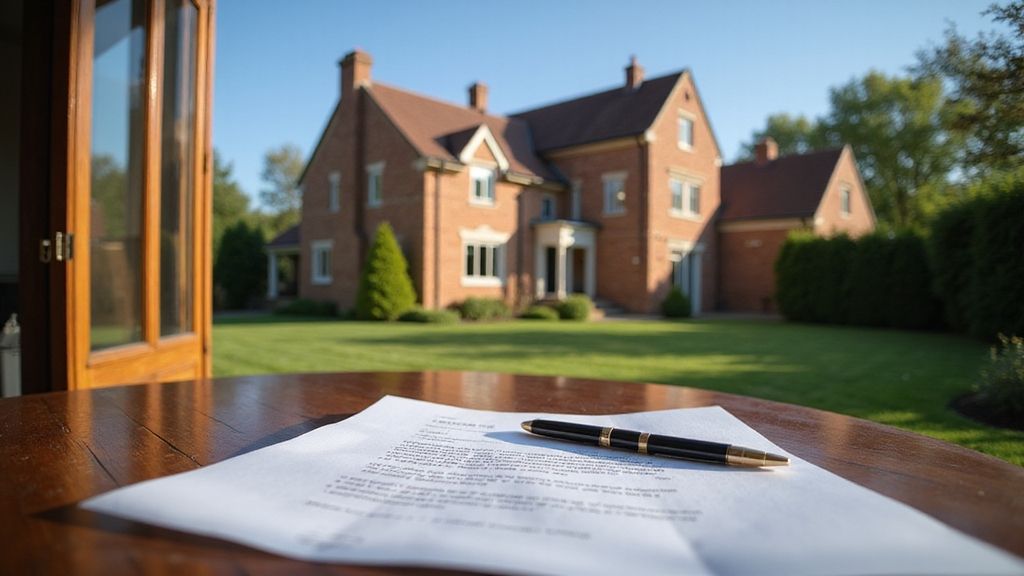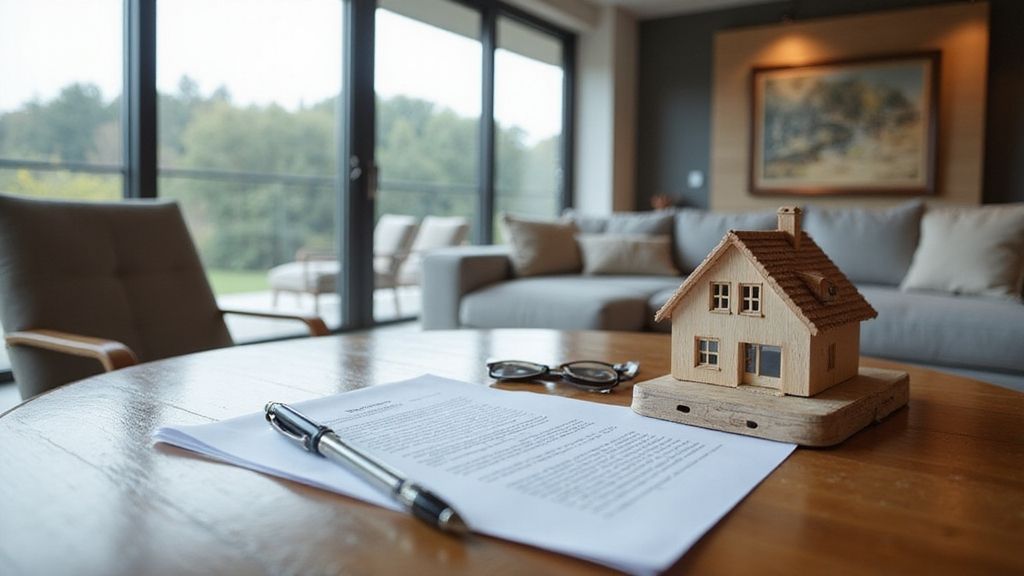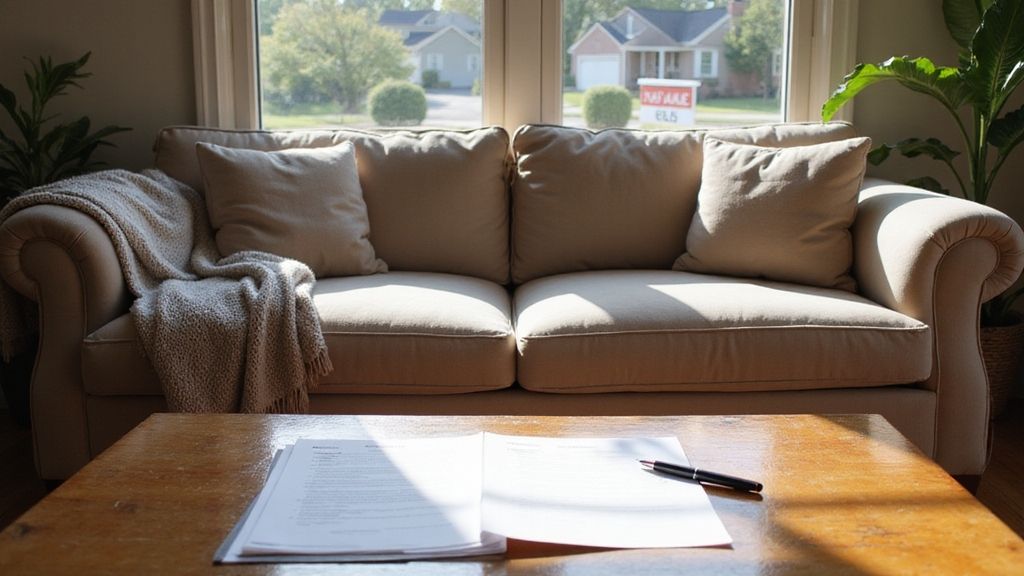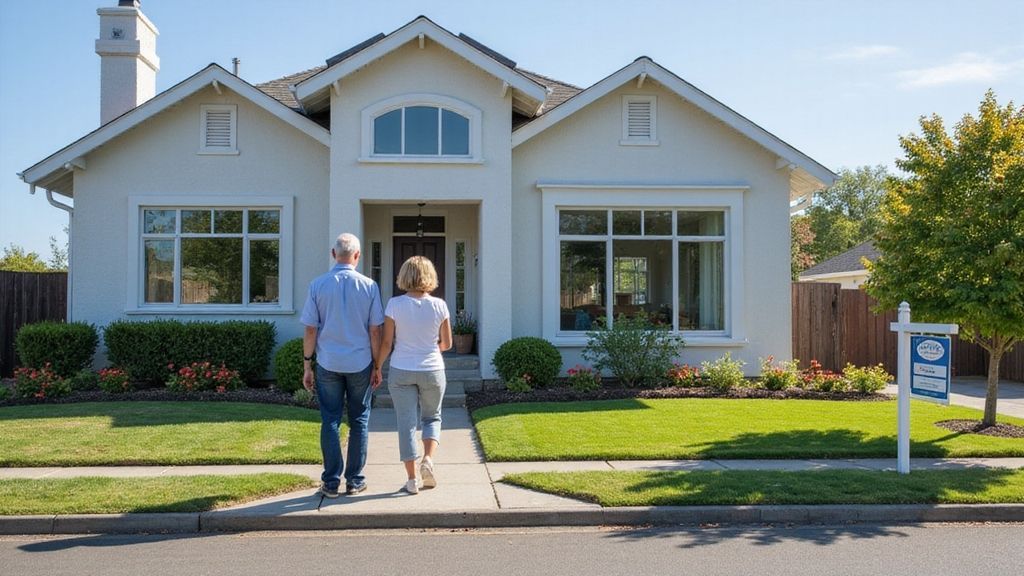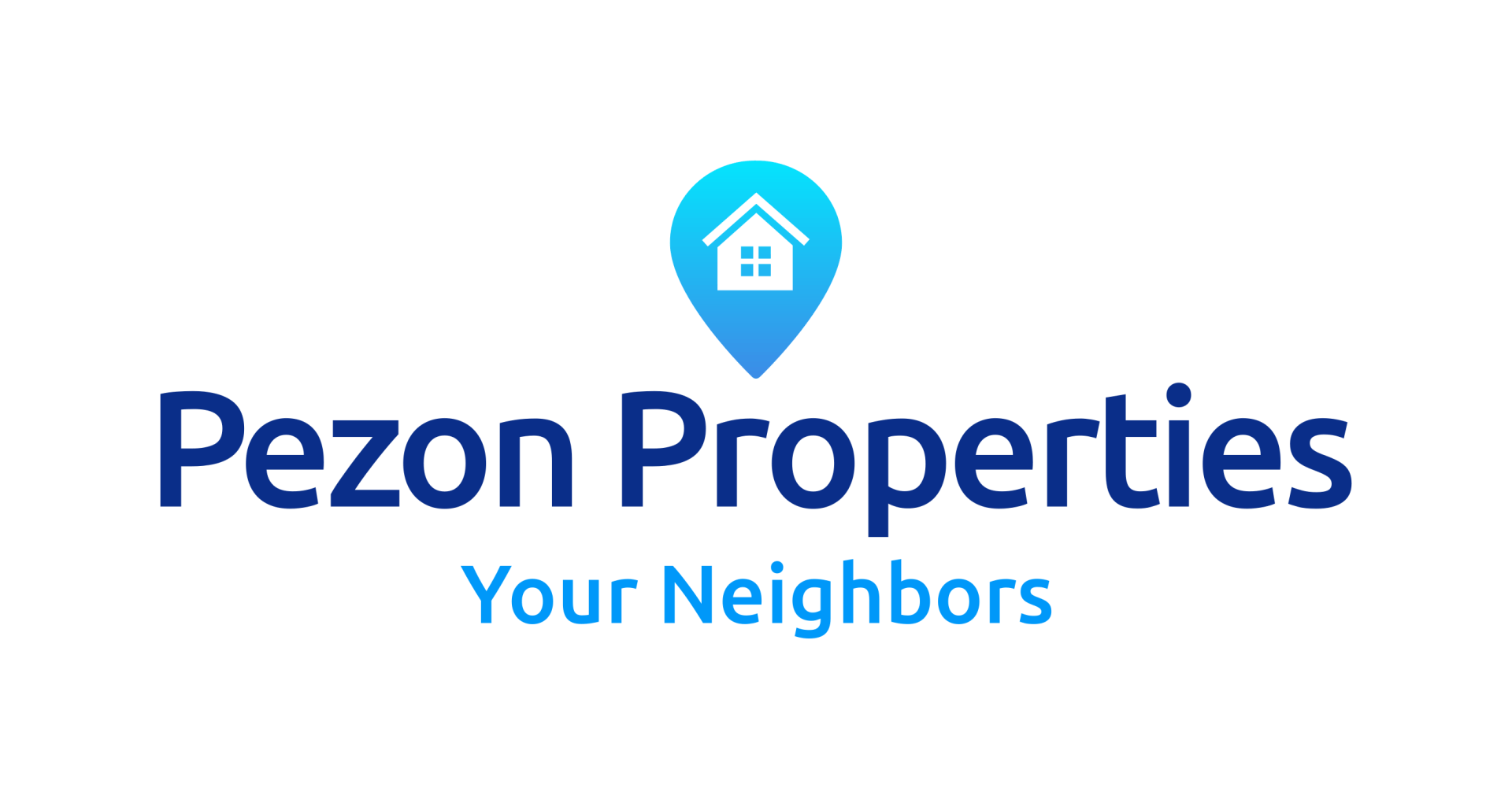Understanding Capital Gains Tax: Implications for Home Sellers
Naturally, you want to make a good profit when you sell your home. However, keep in mind that the capital gains tax will take a bite out of your earnings when tax day arrives. If the value of your home has significantly grown, you may be liable for a significant payment when filing your annual income tax. Fortunately, there are tactics you can utilize to avoid or reduce the capital gains tax when you sell your home.
This will allow you to keep as much profit in your pocket as possible. This blog post will provide all the information you need to make an informed decision.

What Is the Capital Gains Tax?
A capital gains tax is a tax imposed on the sale of an asset. The long-term capital gains tax rates for the 2023 and 2024 tax years are 0%, 15%, or 20% of the profit, depending on the income of the filer. (1) It is computed by deducting the asset’s original cost or purchase price, plus any expenses incurred, from the ultimate sale price. Real estate, especially residential real estate, is a taxable asset.
Therefore, any financial benefits from a property sale to a cash home buyer Scranton must be declared to the IRS. When you file your tax return for the year you sold the property, you calculate and pay any outstanding balances. While capital gains tax rates are normally lower than ordinary income tax rates, they can nevertheless accumulate, particularly on profits from substantial purchases such as a home, which is often the greatest single asset many people will ever own. The capital gains tax on real estate is directly related to your property’s worth and any improvements in value.
If your house appreciated significantly after you purchased it and you discovered that appreciation when you sold it, you could have a hefty, taxed profit.
What is the Capital Gains Tax on a Primary Residence?
Calculating capital gains tax in real estate can be complicated. The tax rate depends on numerous factors:
- Your income tax bracket.
- Your marriage status.
- How long have you been in the house?
- Whether the house was your primary dwelling, a second home, or an investment property.
The IRS provides house sellers with a variety of options for avoiding or reducing capital gains taxes, particularly if the property is their primary residence. You can exempt a specific percentage of the earnings from taxes—up to $250,000 or $500,000 if you meet specific conditions. Consult with a tax advisor to learn more about the capital gains tax before you sell your home to investors offering “we buy houses Scranton” or “sell my house fast Scranton” services. Selling your home at the wrong time could amount to a huge tax bill that you could have avoided.
For instance, if you have owned the property for less than a year, you should consider holding off until you’ve reached the specific threshold that will allow you to avoid the capital gains tax.
Calculating Capital Gains Tax on a Rental Property?
Capital gains taxes do not apply to rental properties as they do to primary residences. You would be required to pay a 25% depreciation recapture tax on the share of your profit from previously claimed depreciation and 0, 15, or 20% long-term capital gains taxes on the balance, depending on your income and filing status. Assume the home you purchased for $350,000 and sold for $700,000 was rented. If your profit includes depreciation reported as a business expense, the IRS will apply a 25% depreciation recapture tax on that amount.
Your profit balance will be taxed at the capital gains rate highlighted above. If you intend to sell a rental property you’ve held for less than a year, aim to extend your ownership period to at least 12 months, or your profit will be taxed as ordinary income. The IRS does not have a cap on short-term capital gains taxes, so you could be slapped with up to 37%.
Avoiding Capital Gains Taxes on Additional Property
If you possess an additional property that you intend to sell, you must plan to reduce your tax liability. There are various strategies to reduce any capital gains taxes:
Establish the Rental as a Principal Residence
You may discover that the value of an investment property you rent out and intend to sell to a “we buy houses Philadelphia” company has increased. Moving into the rental for at least two years and converting it into a primary residence to prevent capital gains may be beneficial. However, you will be unable to exclude the amount depreciated while renting the property. You’ll also lose primary residency status on your main house, which you can restore later by moving back in after the sale of the investment property.
Suppose you do not intend to sell your primary residence to any sell my house fast Scranton corporations for at least two years. In that case, you can re-establish primary residency and apply for the capital gains exclusion later.
Opportunity Zones
The Tax Cuts and Jobs Act of 2017 established opportunity zones for economically disadvantaged places around the country. If you invest in a designated low-income community, your tax basis (original cost) will increase after the first five years. Any gains made after ten years will not be taxed.
1031 Exchange
You can also benefit from a 1031 exchange. Also known as a like-kind swap, it occurs when you sell the investment property and utilize the cash to purchase another similar property. If you keep placing the sale proceeds into another investment property, you can defer capital gains tax indefinitely.
Deduct Costs
If you still have capital gains after making use of exemptions and exclusions, concentrate on reducing the amount of taxable profit or gains. Some qualifying deductions are:
- The expense of repairing a house or investment property.
- Improvements and upgrades, such as adding a bedroom or updating the kitchen.
- Losses in investment property income owing to tenants’ inability to pay rent.
- Cost of legal, professional, and advertising fees to evict or locate a new renter.
- Closing charges for the property sale.
Remember to retain organized records and documentation, such as receipts, bills, invoices, and credit card statements, to back up your spending claims in case you are audited.
Give us a call anytime at 484-484-0971 or fill out this quick form to get started today!
Get A Fair Cash Offer On Your House

About the author
Mathew Pezon
Mathew Pezon is the founder and CEO of Pezon Properties, a cash home buying company located in Lehigh Valley, Pennsylvania. With several years of experience in the real estate industry, Mathew has become a specialist in helping homeowners sell their properties quickly and efficiently. He takes pride in providing a hassle-free, transparent, and fair home buying experience to his clients. Mathew is also an active member of his local community and is passionate about giving back. Through his company, he has contributed to various charities and causes.


